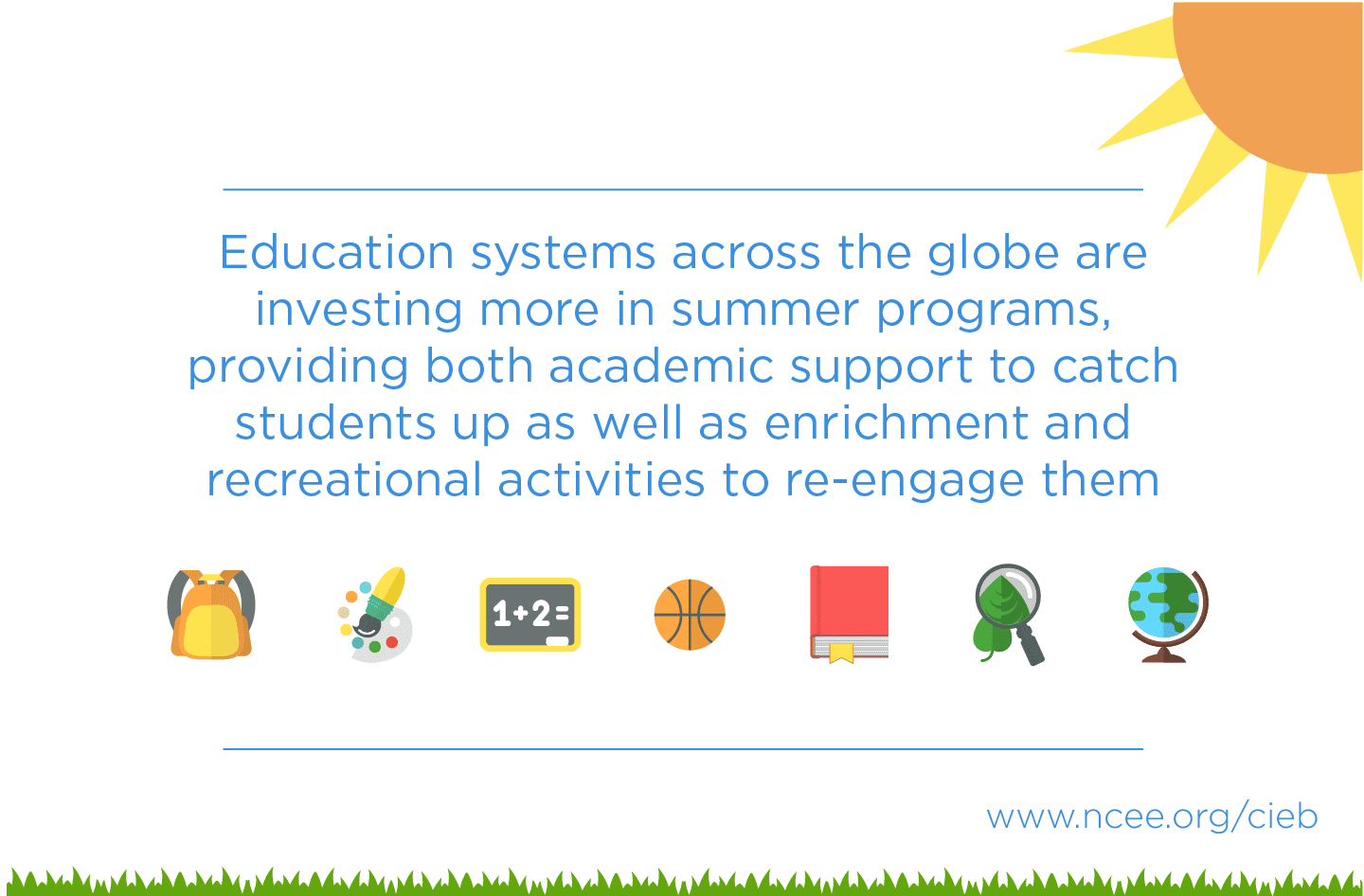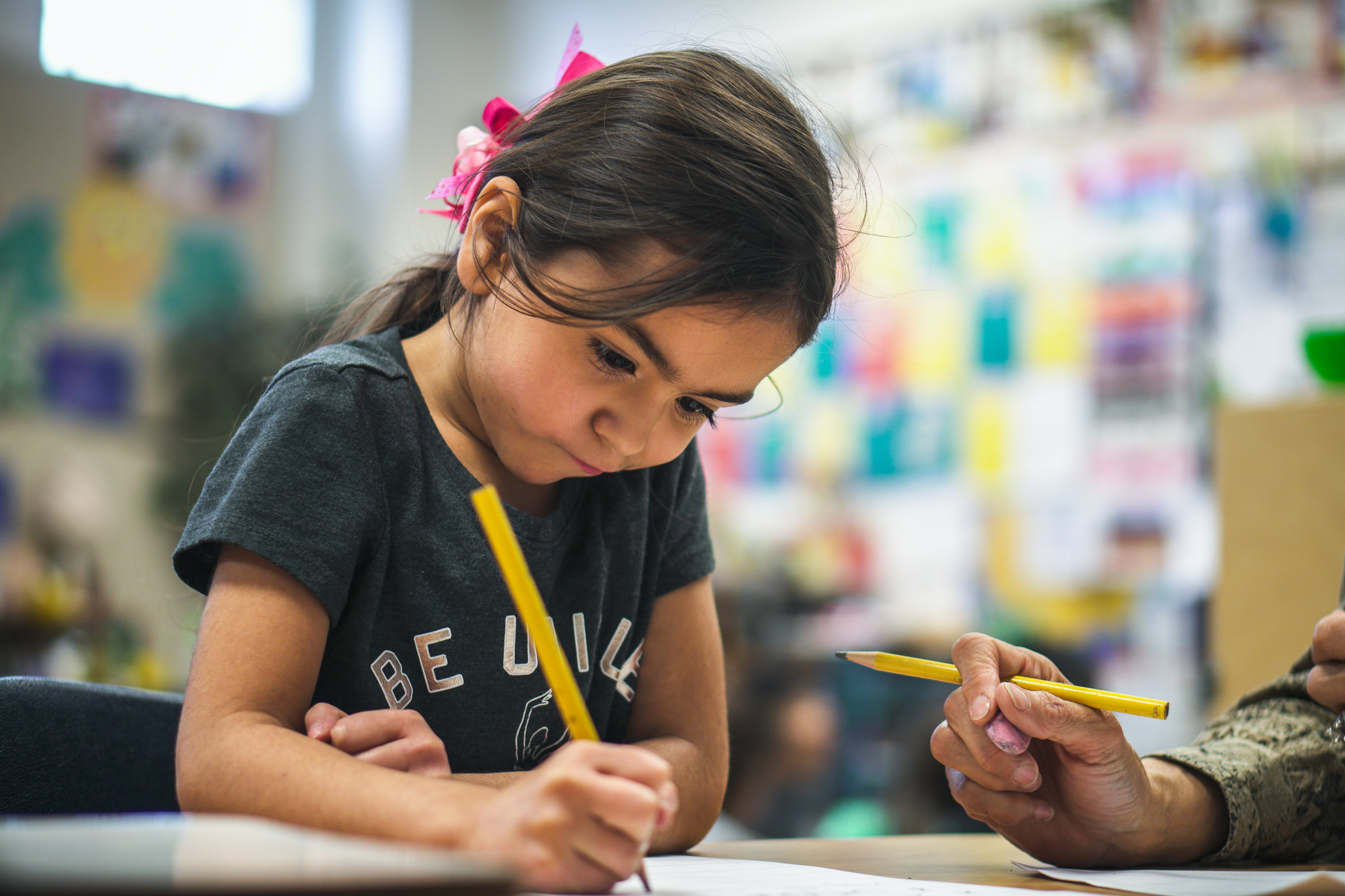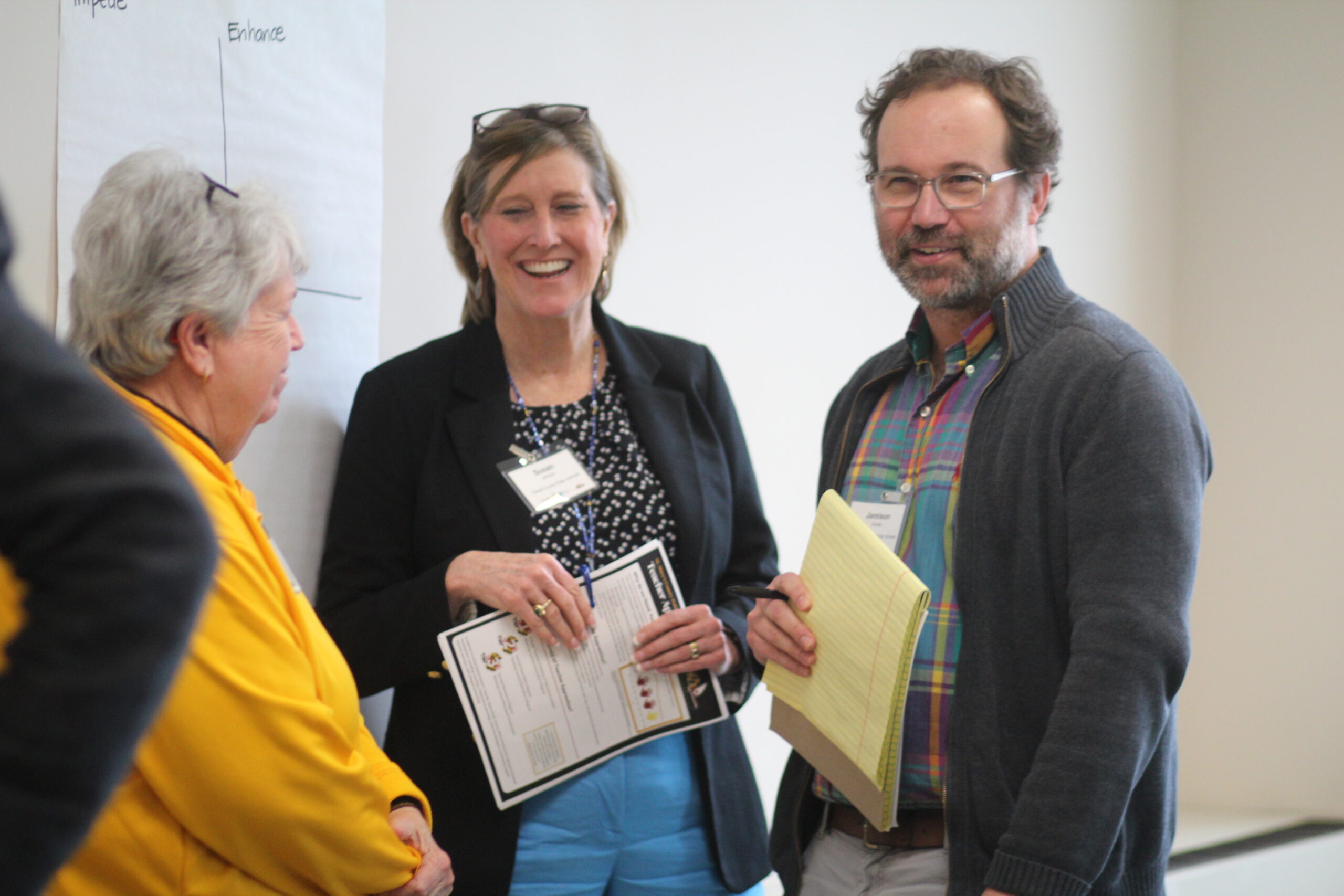
By Jackie Kraemer
Like the United States, education systems across the globe are investing more in summer programs for students and expanding them to include both academic support to catch students up as well as enrichment and recreational activities to re-engage them, in response to a year of disruptions in school due to the ongoing pandemic.
In England, the government has already invested £1.7 billion (US$2.4 billion) in a National Tutoring Program to ensure that students have opportunities to accelerate their learning. In addition to that, the government has released another £200 million (US$282 million) to support summer programming for secondary schools for academic support, sports and other activities, as well as mental health services. The Department of Education suggests that schools prioritize transition programs for students entering secondary school. In the Netherlands, €6 billion (US$7.3 billion) has been committed to helping primary and secondary students catch up from pandemic related disruptions, which schools can spend on a menu of options including tutoring, lengthening the school day, class size reduction, summer school, sports and cultural activities during the school year or summer, and mental health and well-being supports. Estonia’s Ministry of Education and Research announced a €6 million (US$7.3 million) investment in school-organized summer camps for up to 50,000 students intended to help ensure they are ready for the next school year. And Ontario, Canada has allocated CAN$62 million (US$51 million) in learning supports to address learning gaps over the summer. This is the largest summer learning program in Ontario history and includes access to tutors in math and reading, available in both English and French. The province plans to hire close to 2,000 teachers for the summer program, with a focus on supporting students with special education needs.
For more on what international education experts say about how education systems can help students recover from the turmoil of the pandemic, see NCEE’s series of Global Ed Talk interviews.




